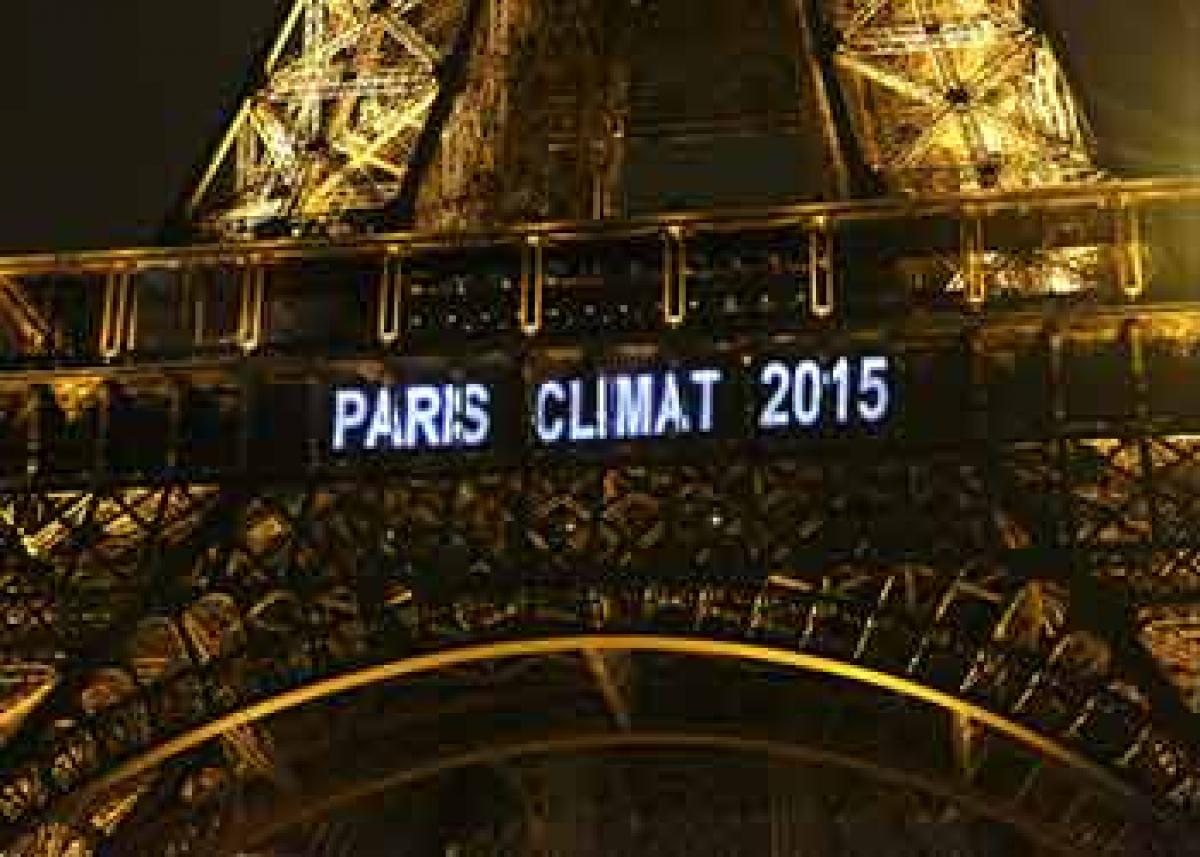Live
- Hyderabad Achieves 26% Reduction in PM10 Levels in 2023-24, Improving Air Quality
- Tired And Stressed As A Parent? Try These Easy Life Hacks
- Supreme Court issues notice on PIL seeking directions to integrate legal education, self-defence training into school curriculum
- Oneplus 13 Launch: OnePlus Vows Snapdragon 8 Elite and Hasselblad Cameras
- Bengal school jobs case: Arpita Mukherjee granted bail; new HC Bench to look into Partha Chatterjee's plea
- Working to provide social security for gig and platform workers: Govt
- Bangladesh records 11 dengue deaths, toll rises to 459
- Vocera Raises $500K from Y Combinator to Revolutionize Voice AI Testing and Evaluation
- GQG Partners Refuses to Sell Adani Stocks Despite Bribery Scandal and 26% Loss
- Bihar: Four persons including girl injured in post bypolls violence in Gaya





 Ahead of Paris climate summit, India has announced its climate action plan. This will provide India’s Intended Nationally Determined Contributions (INDCs).
Ahead of Paris climate summit, India has announced its climate action plan. This will provide India’s Intended Nationally Determined Contributions (INDCs). 



